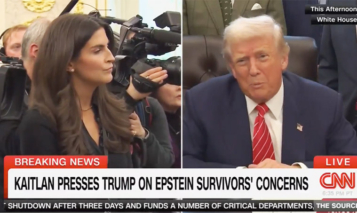
Yesterday, my post about President Trump achieving immunity against Covid-19 touched a nerve in some of my readers who decided to challenge my knowledge of immunity and antibodies.
In this post I will try to address some of the misconceptions and misinformation expressed in my comments section.

This comment is incorrect. You can’t have immunity without antibodies. The two fit together like a hand in glove. Immunity simply means the antibodies will recognize Covid-19 and kill it if it tries to re-infect the body. This protection can last for months or a lifetime.

Someone can be immune and still test positive if the virus is in his body at the time of the test. If you’ve ever had a cold caused by a coronavirus in your lifetime, you are likely immune to Covid-19. You won’t show symptoms (asymptomatic), but you will still test positive for Covid-19.

Asymptomatic means you are infected with the virus but you don’t get sick (no symptoms). Immunity means you have the antibodies against the virus, so you won’t get sick if you are infected.

This is incorrect. Millions of people have developed antibodies and immunity against the coronavirus. Their serum contains antibodies and doctors use their serum to transfer immunity to others. The CDC and Dr. Fauci have released a lot of misinformation about Covid-19.

It is not necessary to receive treatment in order to become immune. If your immune system is healthy it will develop antibodies to attack an invading virus and prevent that same virus from infecting you again.

What you quoted doesn’t specify immunity. But your definition for immunity explains why antibodies are necessary for immunity. Trump’s doctor said he has antibodies to the coronavirus. That means Trump has developed antibodies to give him immunity (long-term protection) against Covid-19.

People diagnosed with HIV or AIDS are in the high-risk category for Covid-19. They are not immune to Covid-19. Coronavirus can be suppressed and destroyed by a healthy immune system. But the HIV virus attacks and destroys the immune system before it can put up a fight.
Antiviral or antiretroviral drugs slow the progression of HIV to AIDS by preventing HIV from attaching to and entering white blood cells (WBCs) of the immune system. If the HIV virus can’t enter cells, then it can’t destroy the immune system and it can’t replicate (make copies of itself).





